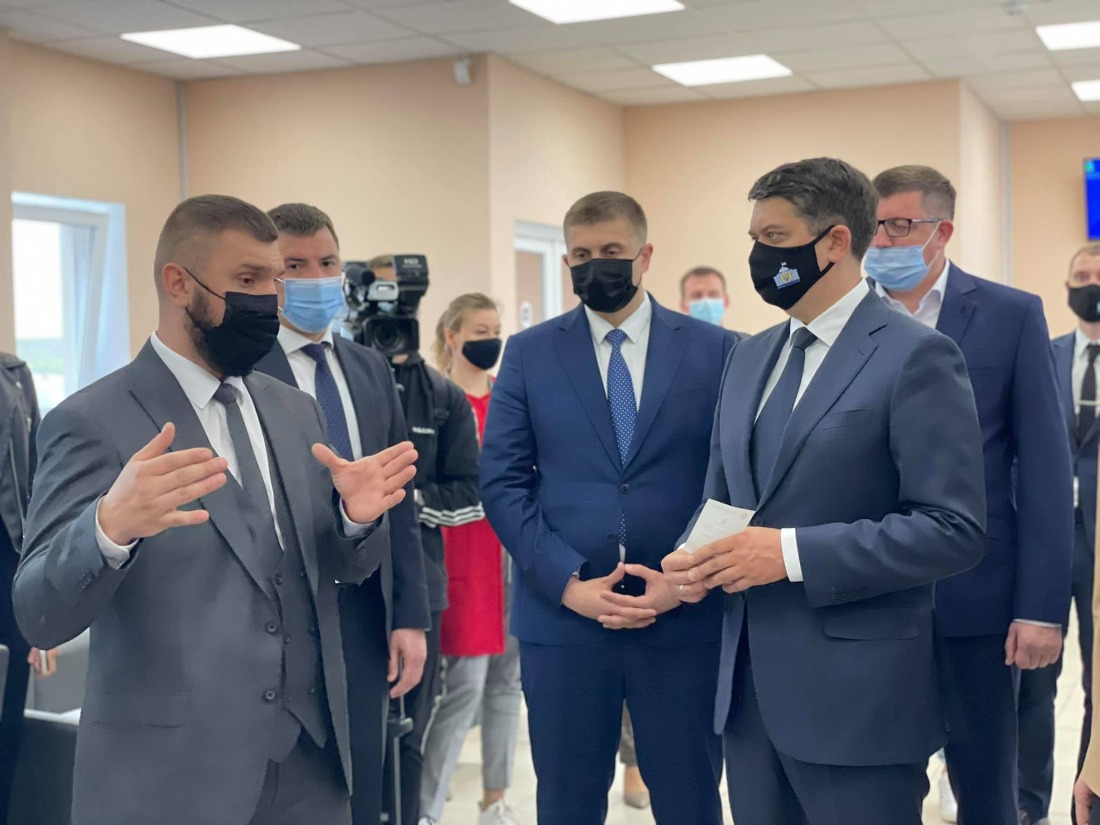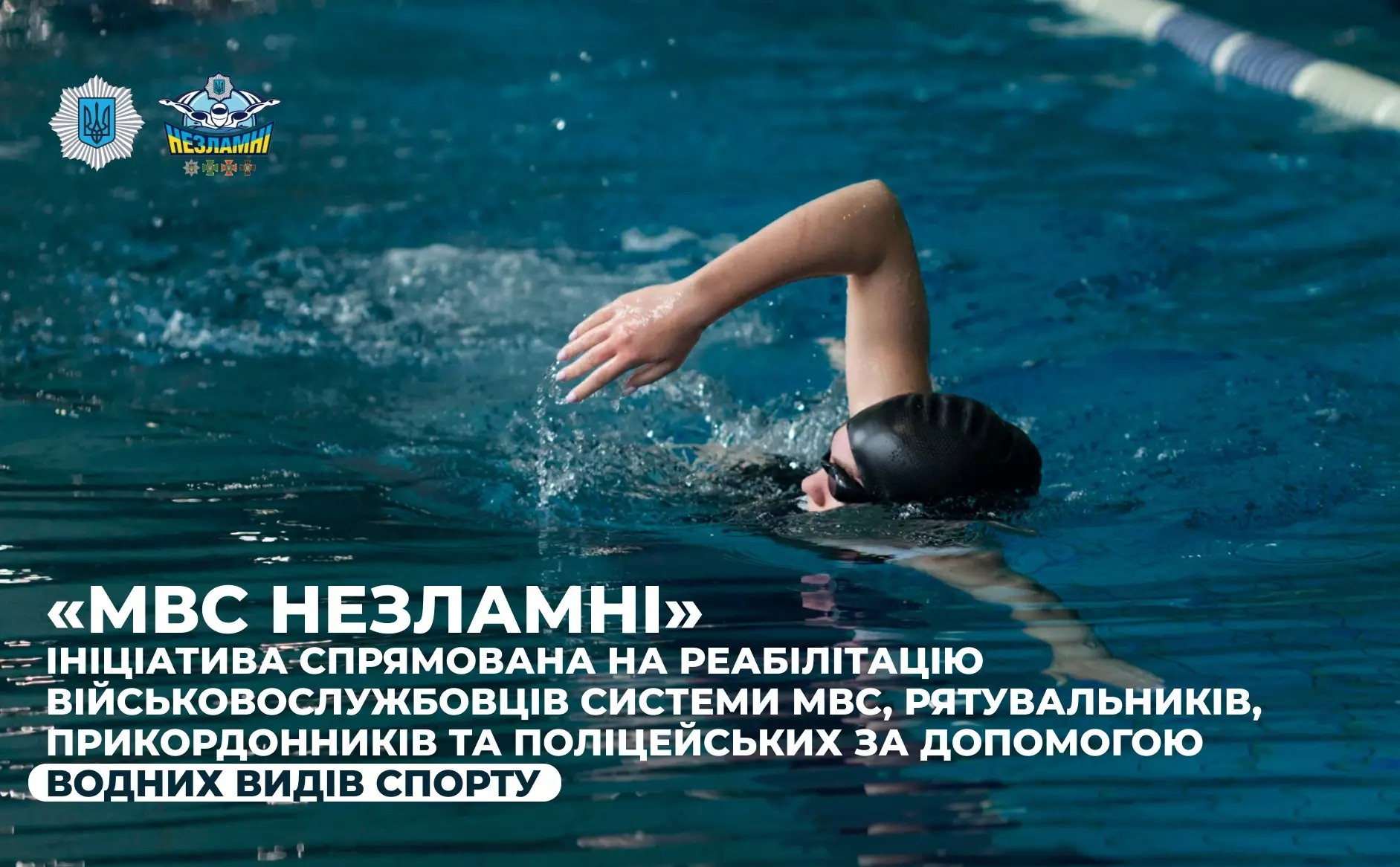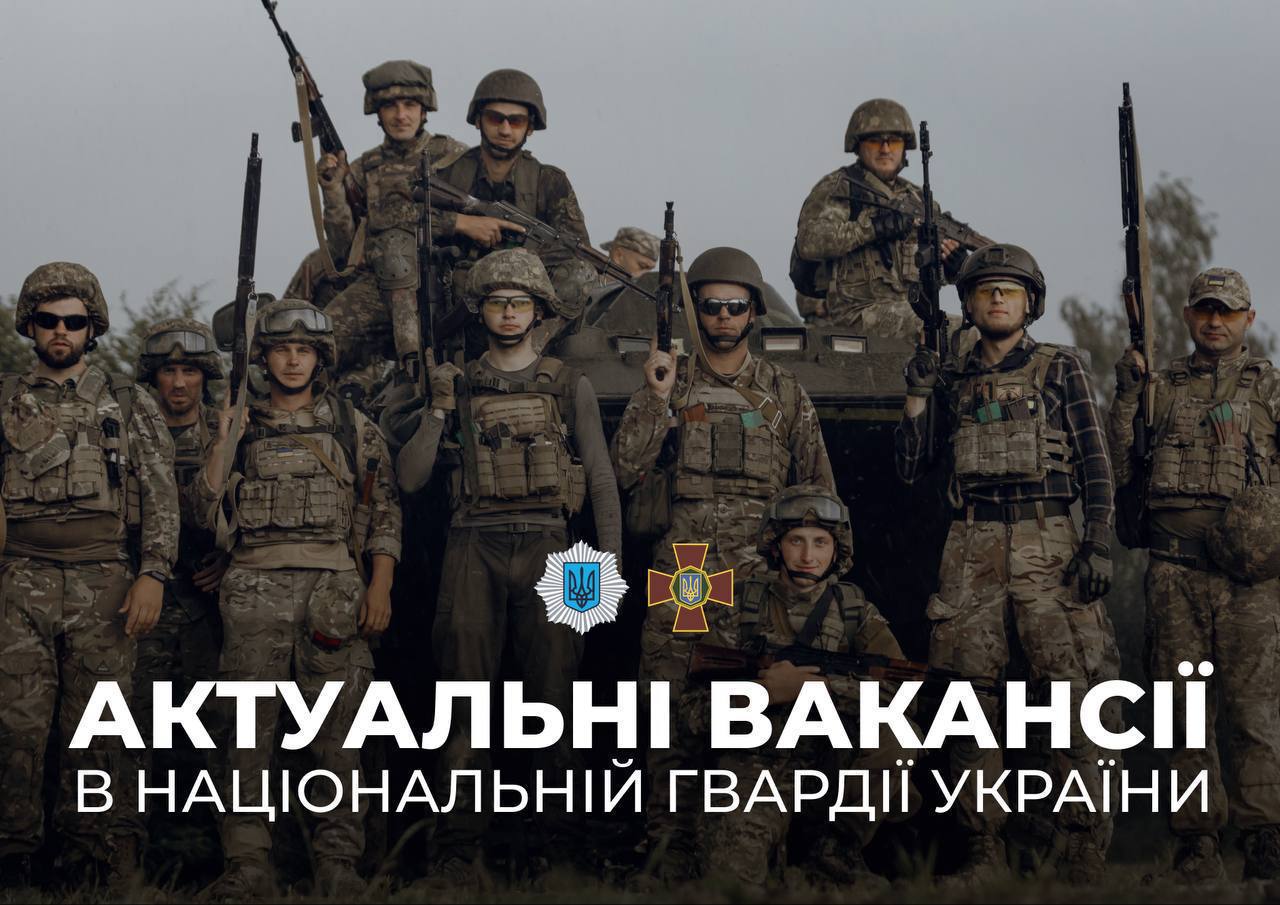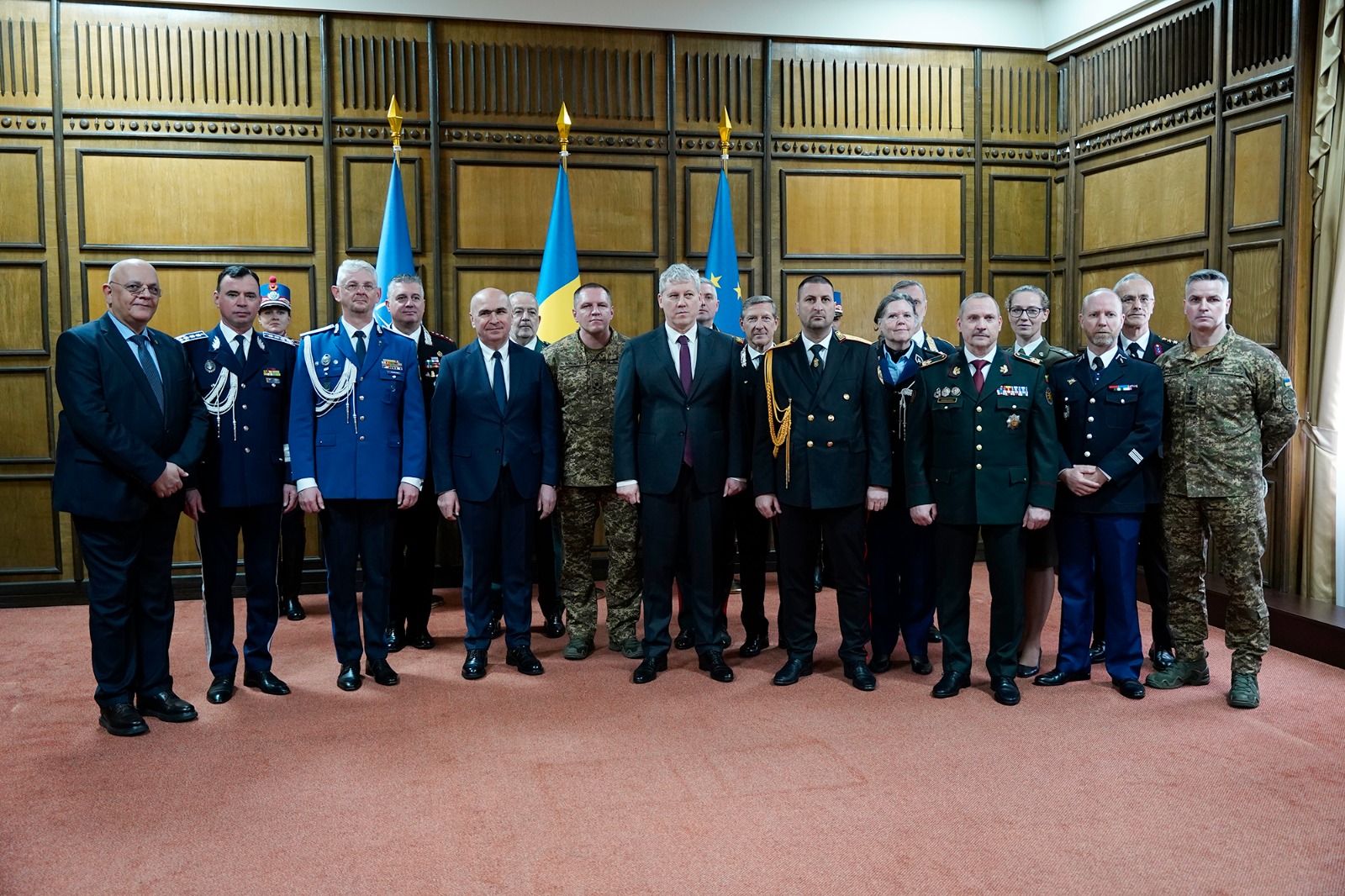Foreign representatives and diplomats visited the administrative border with Crimea and the area of the joint operation of the PLO together with Ukrainian government officials

The events taking place in Ukraine do not remain unnoticed by the international community and representatives of foreign diplomatic institutions and government organizations.
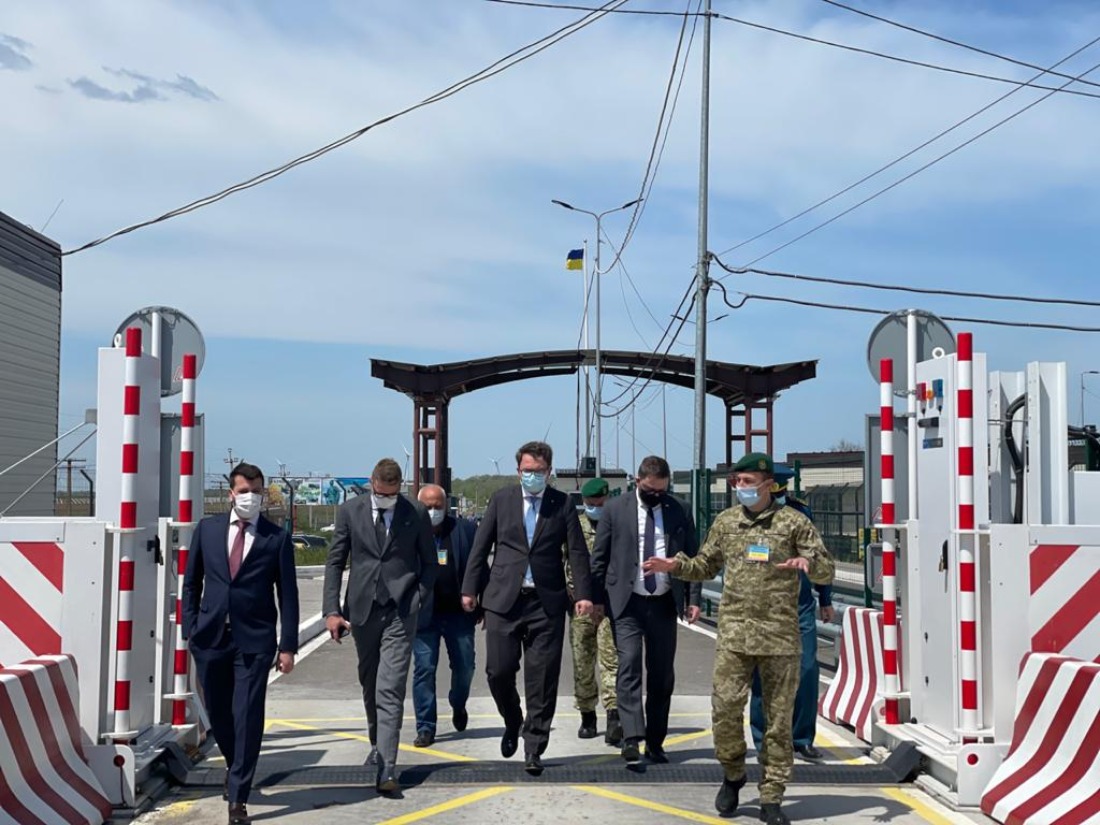
During this week, representatives of seven countries visited the checkpoint at the administrative border with the Autonomous Republic of Crimea and in the area of the joint operation.
In particular, the Chairman of the Verkhovna Rada of Ukraine Dmytro Rozumkov and the Chairman of the Sejm of the Republic of Lithuania Victoria Chmilite-Nielsen visited the administrative border with the temporarily occupied Crimea yesterday.
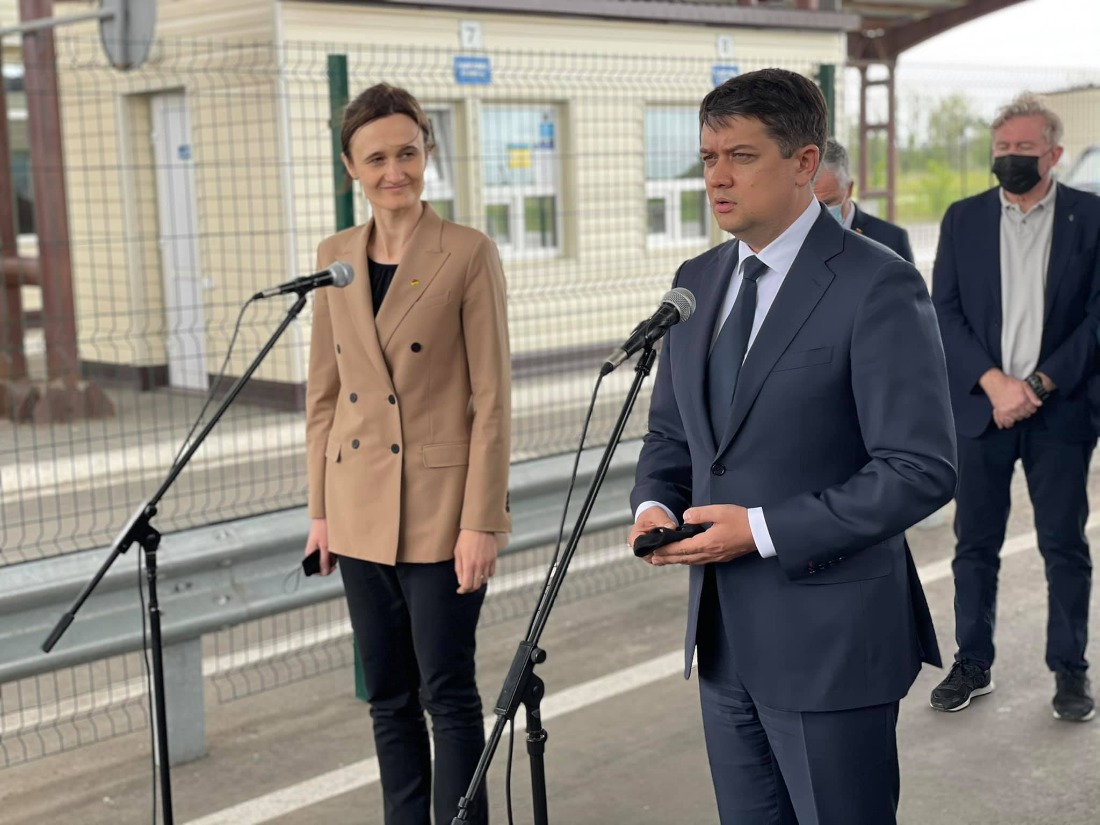
High-ranking officials were introduced to the functioning of the Checkpoints “Chongar” and “Kalanchak”, with the procedure for carrying out transit operations, infrastructure and conditions of the border guard service.
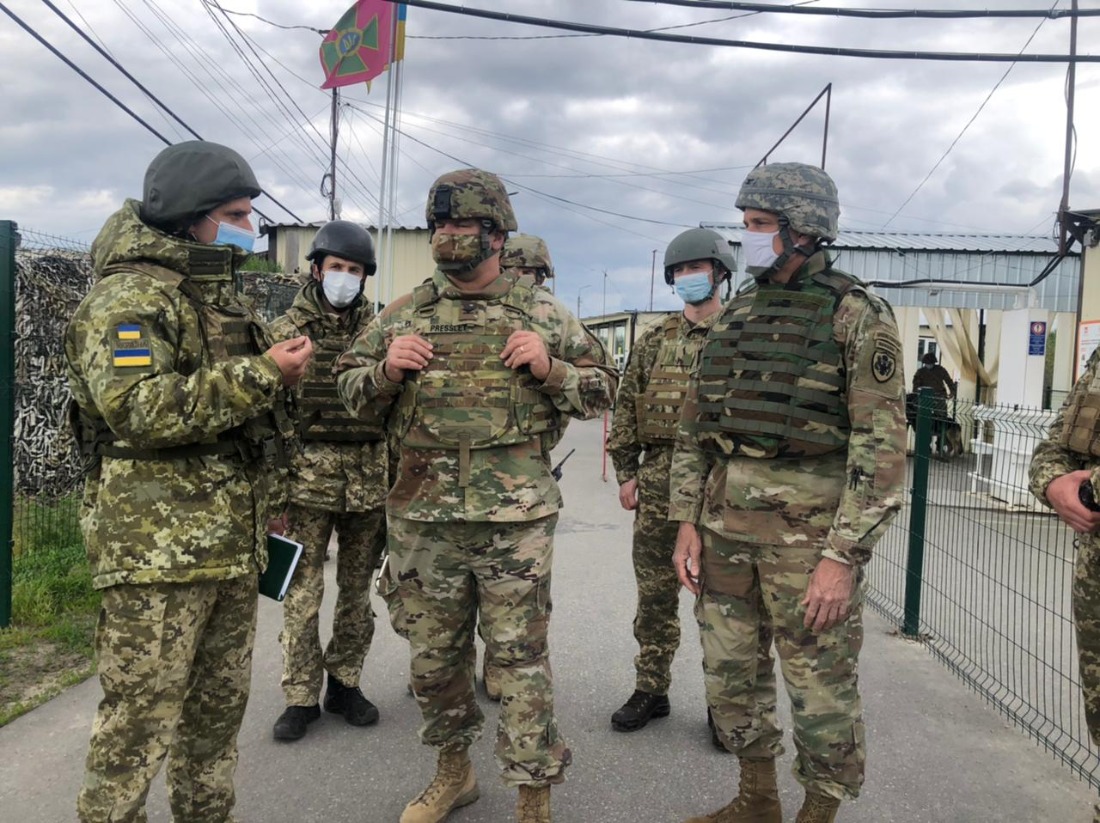
Dmitry Razumkov noted: “We have never supported or recognized the annexation of Crimea and we hope that very soon the checkpoints of entry and exit will remain only in memory and the Ukrainian people will be able to move freely throughout Ukraine. I am confident that very soon this place will become a museum and we are making an extraordinary effort to make it happen as soon as possible.”
Viktoriia Chmilite-Nielsen in turn noted: “Lithuanian people always support our sincere friends Ukrainians, they support the territorial integrity of Ukraine in every possible way and hope for the speedy return of the occupied territories of Ukraine.”
Also the other day at the administrative border with the temporarily occupied Crimea with a working visit together with the Permanent Representative of the President of Ukraine in the Autonomous Republic of Crimea Anton Korynevich were the Extraordinary and Plenipotentiary Ambassador of Poland to Ukraine Bartosz Tsikhotsky, Ambassador Extraordinary and Plenipotentiary of Romania to Ukraine Christian-Leon Tsuon Erkanu and Ambassador Extraordinary and Plenipotentiary of the Republic of Estonia to Ukraine Kaymo Kuusko.
During the meeting, issues related to the socio-political situation both in the region and directly on the administrative border with the temporarily occupied Crimea were discussed. Foreign delegates noted the important role of the State Border Service in this direction and thanked the servicemen for their conscientious work.
And on the demarcation line, as part of familiarization with the current security and operational situation in the area of the operation of the Joint Forces, the newly appointed Attaché of the Ground Forces at the US Embassy in Ukraine, Colonel Brandon Presley, Attache of the Ground Forces at the US Embassy in Ukraine, visited the newly appointed Attaché of the Ground Forces at the US Embassy in Ukraine Colonel Paul Schmidt, Defence Attaché at the Embassy of the Kingdom of Sweden in Ukraine Captain 1st Rank Bjorn Wilburn, Defence Attaché at the Embassy of the Kingdom of Denmark in Ukraine Captain 1st Rank Felix Ebestad, Defence Attaché at the Embassy of the Kingdom Norway in Ukraine Lieutenant Colonel Boye Lilerud
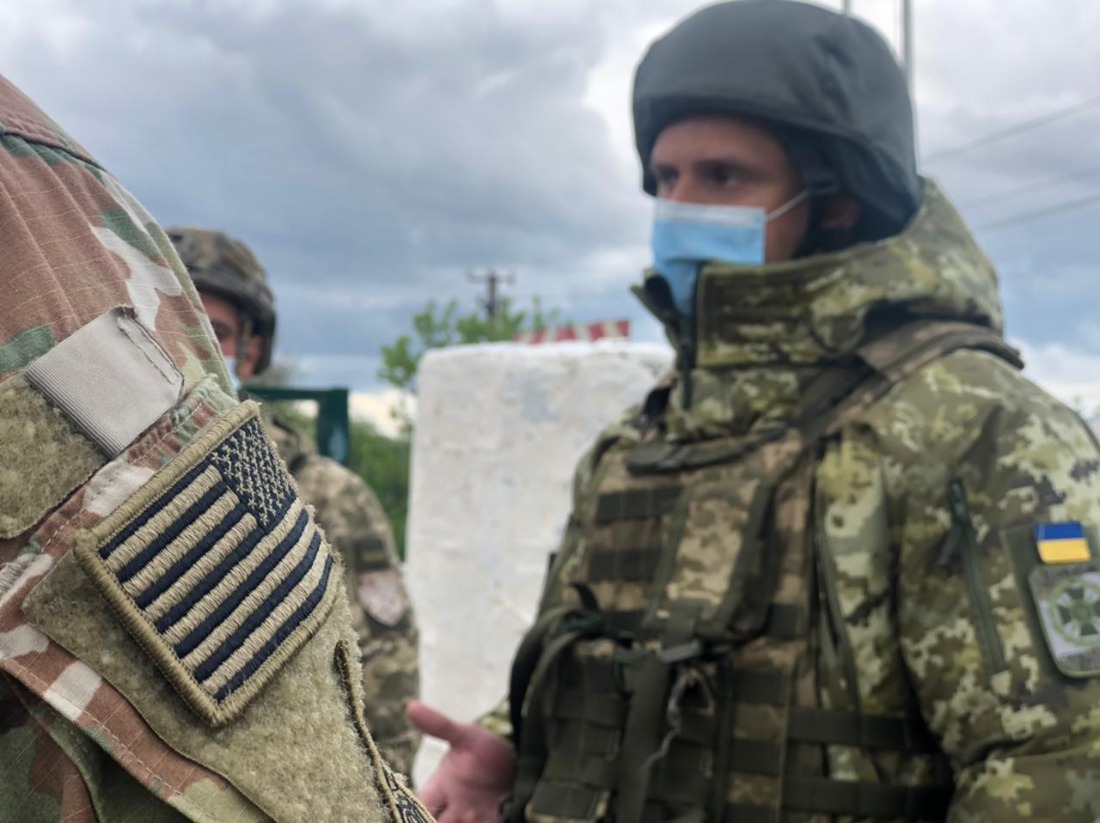
Accompanied by the command of the PLO, the chief of staff of the Luhansk border detachment Lieutenant Colonel Bohdan Ignatiuk and the head of the Luhansk border detachment Colonel Yuri Petrov, the guests visited the checkpoints “Stanytsya Luhanska” and “Zolote”.
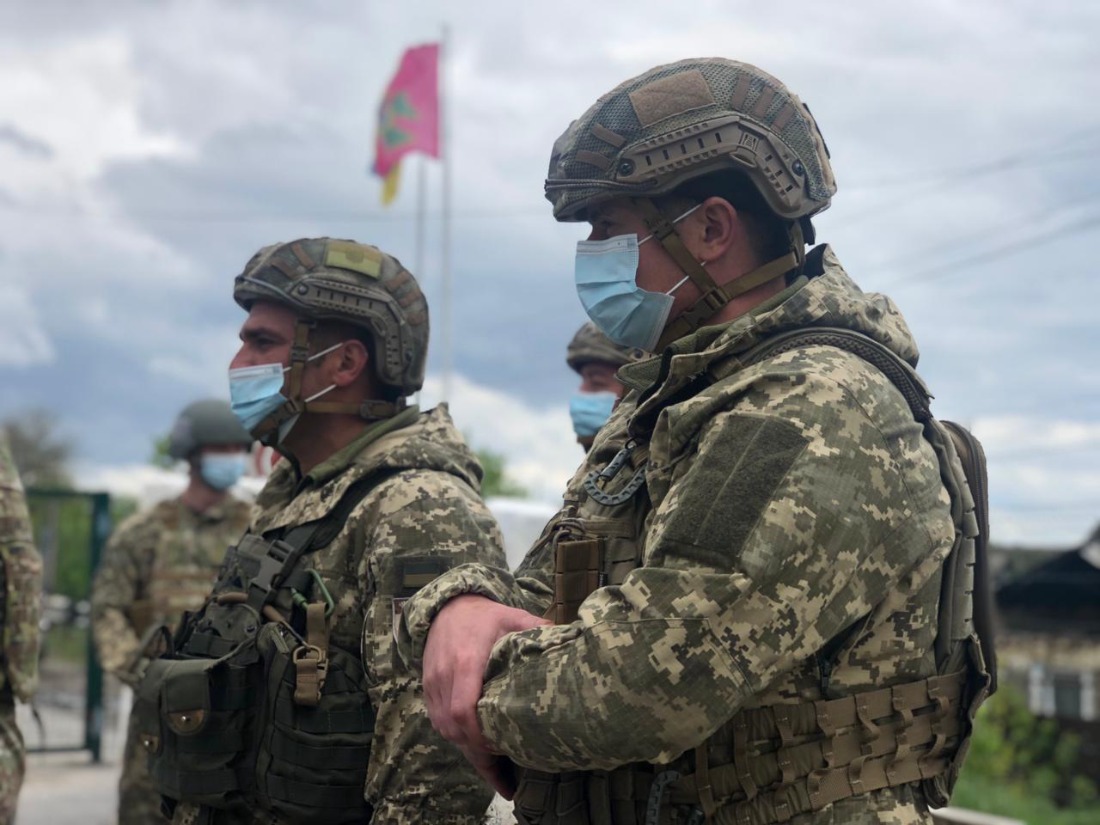
Delegates were told about the mode of operation of checkpoints, the procedure for conducting control and inspection procedures for persons and vehicles and the peculiarities of crossing the demarcation line during quarantine restrictions.
“In total, 7 such crossing points are equipped on the demarcation line, but today only one operates daily in Stanytsya Luhanska. The movement of the rest of the road corridors is blocked by the Russian-occupation forces. It is worth noting that traffic along this road corridor is also given to citizens with the difficulties that the occupiers artificially create. Already in mid-autumn, we began to record a significant decrease in passenger traffic at this checkpoint, and this is also due to the actions of pro-Russian troops. They seem to be trying to “lock up” our citizens in the occupation, inventing each time some incomprehensible restrictions or rules so that Ukrainians continue to live in Russian propaganda. Even in the summer, about three thousand citizens crossed the Stanytsia Lugansk checkpoint daily, and today it is difficult for us to talk even about half a thousand,” Bohdan Ignatyuk told foreign guests.
Also, during the visit to the checkpoint, the delegates had questions about how far the Russian-occupation troops are from the checkpoint, how the border guards act in case of an armed attack by the Russian-occupation troops during the stay of civilians at the checkpoint and after the end of the checkpoint, how the transportation of citizens is organized to the demarcation line and in the opposite direction and why individuals are not able to move along this humanitarian road corridor.
Yuriy Petrov familiarized the guests with all aspects of control and inspection procedures and features of the functioning of the Zolote checkpoint. He stressed that the border guards of the Luhansk detachment are ready at any time to start the passage of citizens across the demarcation line in both directions.
“Last year, we formalized three people in the direction of the temporarily occupied territory, but they could not cross the demarcation line. Without any explanation, they were turned away by the Russian occupation forces. Today we pass only local residents,” said Yuriy Petrovych. He assured that the safety of the civilian population is a priority task of the border guards and, in case of aggravation, the troops have sufficient equipment and skills to prevent casualties among the civilian population. “Every day this checkpoint crosses about 300 people and 100 vehicles. All of them are residents of the villages of Katerynivka and Zolote-4. For them, we work around the clock so that, in case of armed aggression, all citizens can quickly leave the settlements located in the so-called gray zone, and we can help them get to a safe place,” Yuriy Petrov assured.
